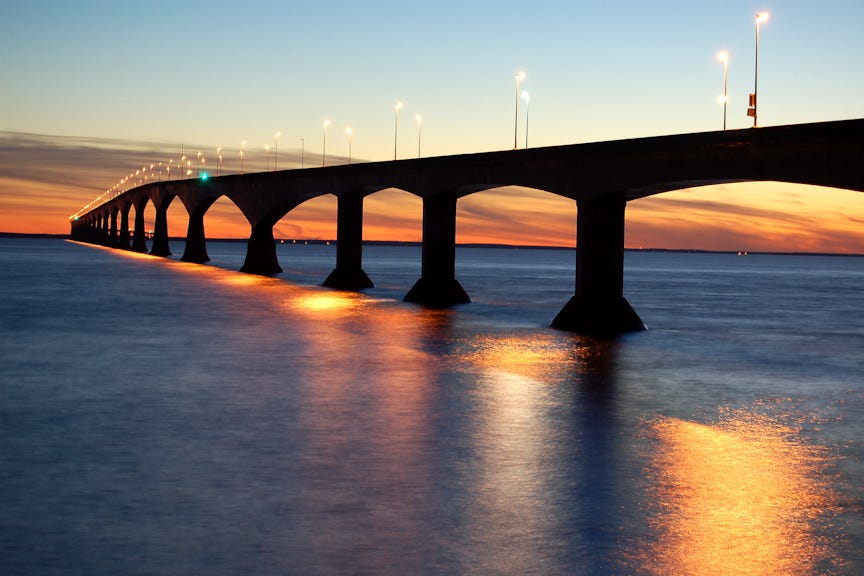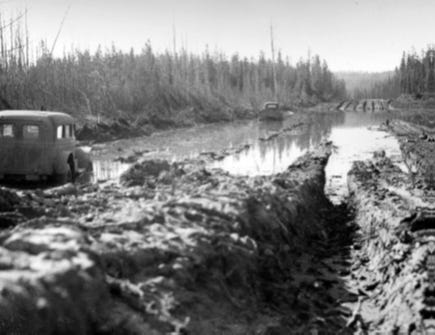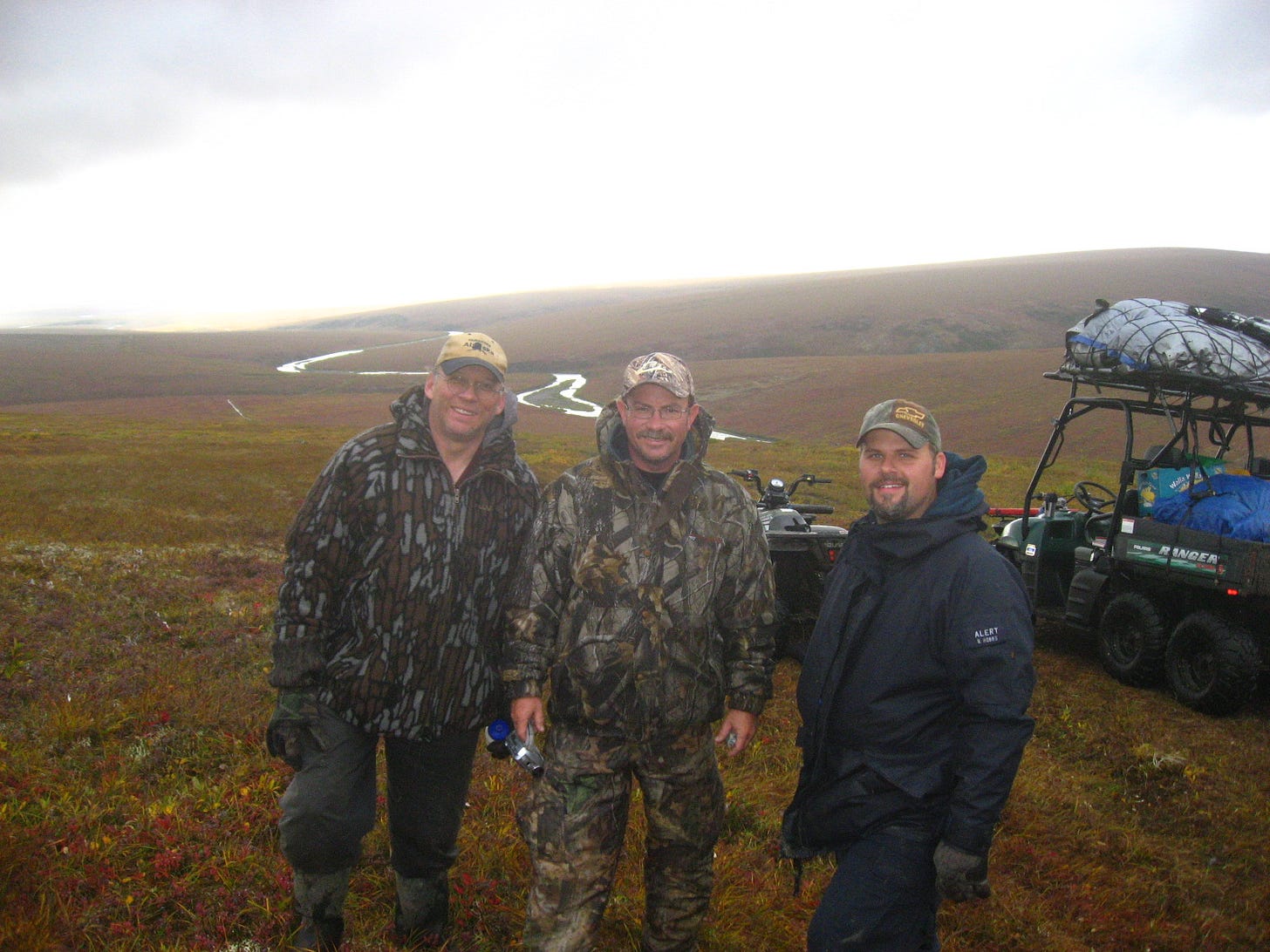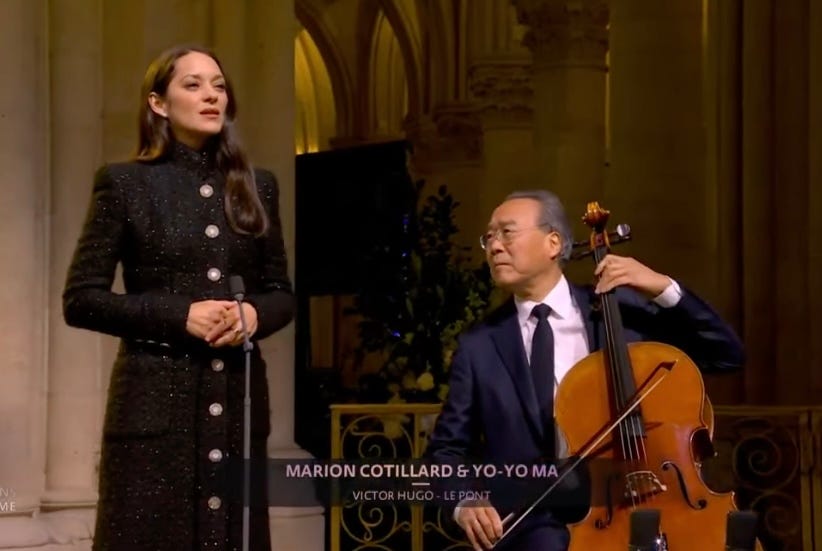A bridge called prayer (part one)
‘What is your name?’ I asked and he answered, ‘Prayer.’ (Victor Hugo)

If I wanted to be a civil engineer I would stand in line to attend any class on building bridges. I’ve been thinking a lot about bridges lately. I’ll tell you why at the end of this post. I realize that I’ve taken bridges for granted. A bridge of any kind is an incredible invention and a crucial link between isolation and community. Bridges are indispensable for relationships. They connect us to the world around us. Without bridges we are cut off and separated from others.
I remember the time I had to build a bridge when I was hunting north of the Kougarok River, on the Seward Peninsula in Alaska. It was late in the evening. I was chasing a moose into a deep, narrowing canyon, to see if it was legal. I drove my four-wheeler so far into the dense undergrowth until it finally got stuck crossing a flowing stream of water. The stream wasn’t wide, but it was four feet deep. It was getting dark, and it was really hard to see. I was isolated from the rest of the guys, and I knew they would have no idea where I was. I had only one choice. I had to build a bridge. Fortunately I had a headlamp and a folding saw. So I went to work and began cutting down willows and alders to lay across the deeply carved gulch, stuffing them under the tires. These branches became a beam bridge, strong enough to sustain the weight of my four-wheeler. That little primitive bridge was a crucial link to get me back to camp and reconnect me with my concerned friends.
Think how many bridges you crossed today. Don’t forget to count the little culverts. You needed a bridge to cross over ditches and gullies, mud flats and rock cuts, rivers and streams. The Alaska Highway (Alcan Highway) has 133 major bridges and 8,000 culverts, which if stretched end-to-end would stretch over 57 miles. Construction of these bridges officially began March 11, 1942, about 90 days after the bombing of Pearl Harbor. Without them, Alaska was vulnerable, cut-off and isolated from the lower ’48. The first time I drove up the Alaskan Highway was in June of 1976. One of those bridges had been washed out during spring break-up. We couldn’t drive any further until they rebuilt the bridge. A bridge was the only option, the only connection to our destination.

In December of 1852 a French writer, Victor Hugo, wrote a poem titled "Le Pont" which translates to "The Bridge." It appears in his collection of 156 poems called, “Les Contemplations.” Victor Hugo is famous for his novels, The Hunchback of Notre-Dame (1831) and Les Misérables (1862). A few weeks ago, on December 7, 2024 this poem was recited by the French actress Marion Cotillard at the reopening ceremony of the Notre-Dame cathedral in Paris. It was her powerful interpretation of “Le Pont” (The Bridge) with Yo-Yo Ma accompanying her on his cello, that made me start thinking about bridges. I encourage you to watch it here. And for the translation in English you can look here. I hate to be a spoiler. You need to watch it for yourself.
Listening to this poem “Le Pont” (The Bridge) has impacted me deeply. It describes an “infinite abyss” or an “impenetrable veil” that exists between our soul and God. Hugo says the abyss is “so deep that an echo will never respond.” But then he describes someone “whose hands give off light” speaking and saying,
‘If you wish, I will build the bridge.’
I raised my eyes to this pale unknown.
‘What is your name?’ I asked and he answered, ‘Prayer.’
Victor Hugo saw something wonderful. God removed the gap that separated us from Him and built a bridge for us that is called ‘Prayer.’ Our isolation and separation are solved. We now have a bridge over which our soul can travel to reach home. This bridge is always open, and we never have to pay a toll before we’re allowed to cross.
This bridge of prayer will take you safely across all of life’s gaping gorges, hazardous chasms, and raging torrents. It is so safe that even a little child can now enter into God’s presence.
“Let us then with confidence draw near to the throne of grace, that we may receive mercy and find grace to help in time of need” (Hebrews 4:16).






We have a “Pray for Me” campaign at our church where pray-ers volunteer to pray for a younger family for the whole year. It’s been a very important
encouragement to these families who desire to raise their children to love Jesus. We are bridging that gap for them.
Beautiful